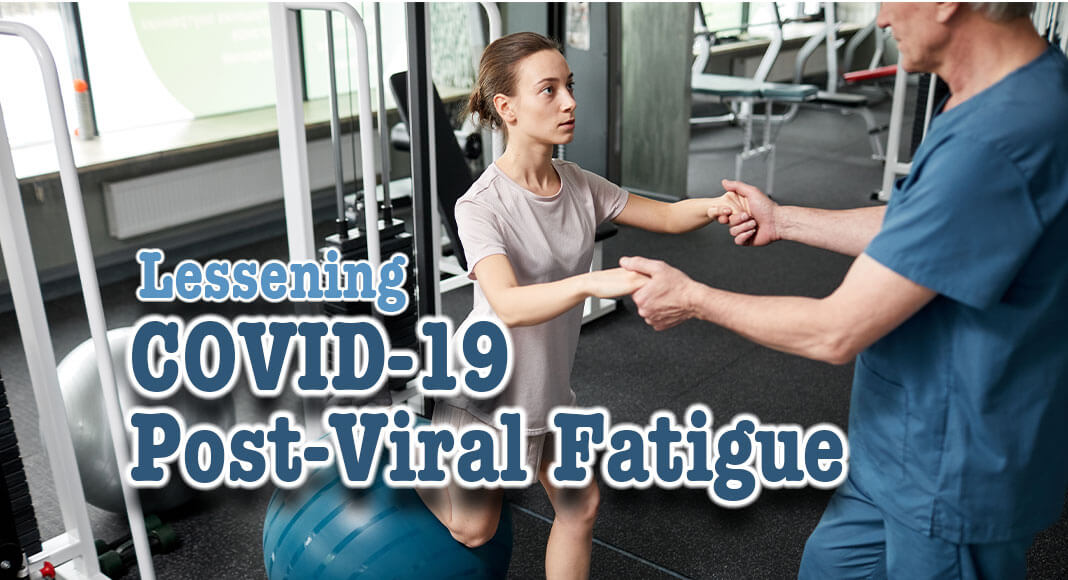
Mega Doctor News
Newswise — According to a recent study conducted by researchers at Amsterdam UMC, cognitive behavioral therapy is beneficial for individuals with post-viral fatigue following COVID-19. The study showed that individuals who underwent behavioral therapy experienced reduced fatigue and concentration problems, as well as improved physical and social functioning. The lead researcher, Professor Hans Knoop, also noted that these improvements were still present six months after treatment. The study has been published in the journal Clinical Infectious Diseases and involved collaboration between Amsterdam UMC, RadboudUMC, and three other hospitals.
After recovering from COVID-19, many patients continue to experience symptoms, commonly known as long-COVID or Post-COVID Syndrome, with severe fatigue being the most common symptom. The ReCOVer study, which was funded by ZonMw, compared patients who received cognitive behavioural therapy with those who received normal care such as supervision by their GP or specialist, physiotherapy, and/or occupational therapy.
Tackling fatigue
Cognitive behavioural therapy for patients with post-COVID-19 fatigue aims to help patients manage their symptoms more effectively. This can involve working with patients to improve their sleep patterns and gradually increase their physical activity levels with small, safe steps. According to Professor Hans Knoop, who led the ReCOVer study, the therapy helps patients to become more active and reduce their fatigue levels.
Improving concentration
The study found that cognitive behavioral therapy was effective in reducing fatigue and improving concentration for patients with persistent fatigue after COVID-19. The therapy also helped patients make progress socially and physically. These improvements were still present after six months. The researchers also noted that the therapy was safe and did not result in any worsening of symptoms or new symptoms.
More research required
The researchers want to emphasize that just because behavioral therapy helps alleviate symptoms doesn’t mean that the underlying cause is psychological. They also note that not all patients will benefit from this form of therapy.
It is therefore very important to continue to search for other effective treatments and the physical causes of the post-COVID syndrome.










